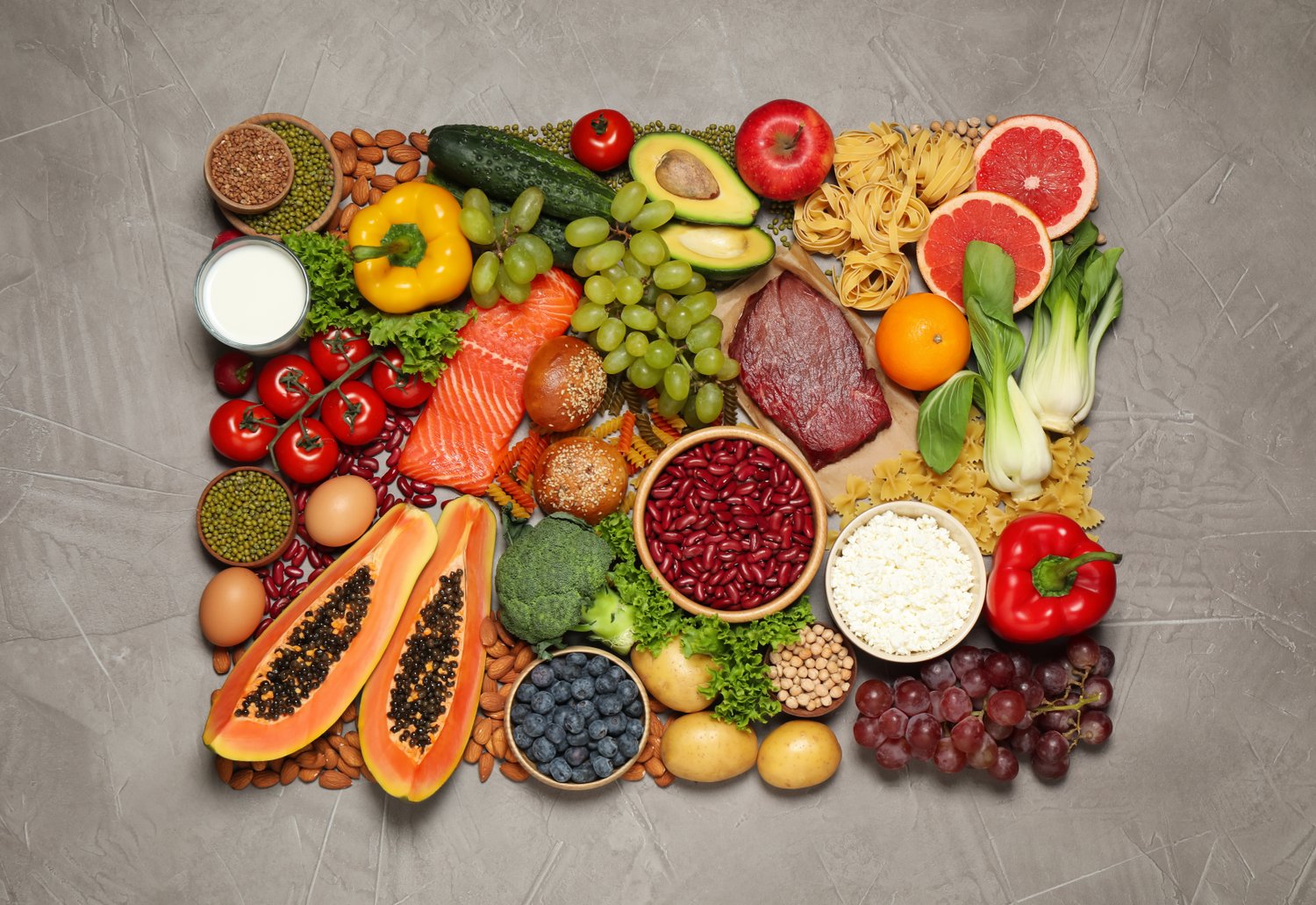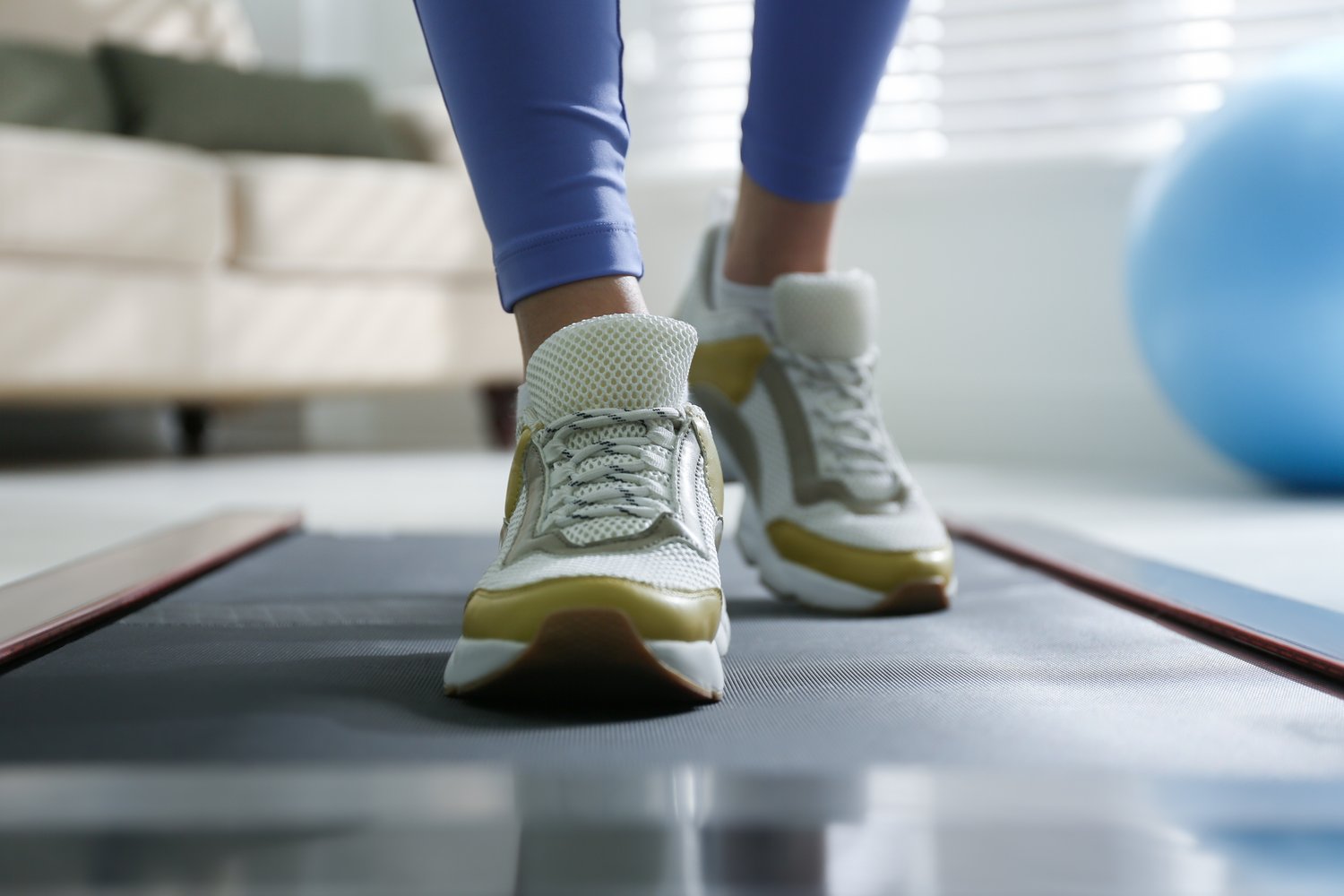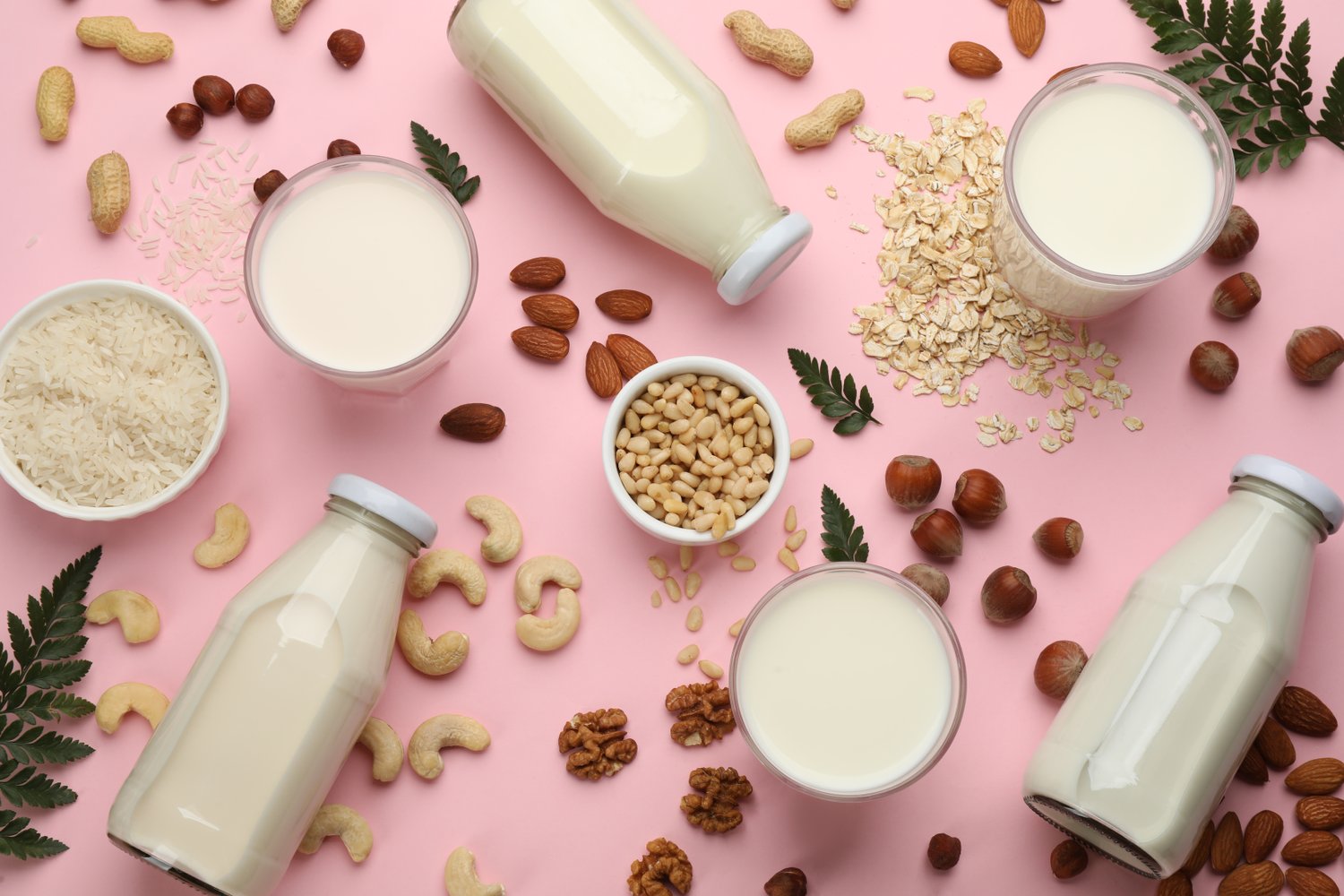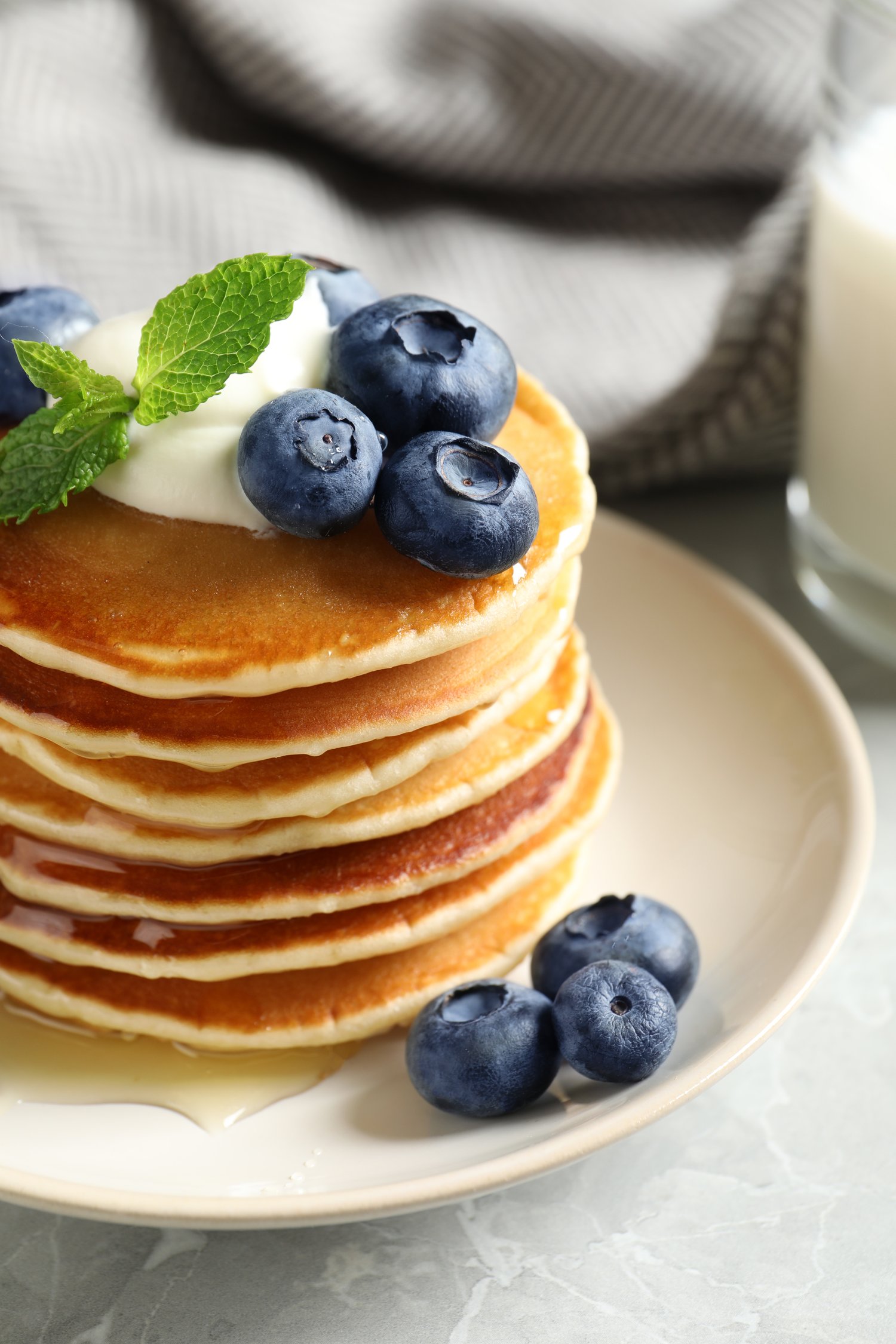There is no universal diet if you are into sports. Some people favor vegetarian food, some love Mediterranean cuisine high in proteins, some prefer their national dishes. There is no mistake as long as your meals are balanced and energy intake in calories from the food and drink corresponds to the energy spent. Every athlete's energy needs are individual and depend on their age, physique, body weight, health condition, etc. The climate, sports type, intensity, and volume of training must be considered and the goals you pursue. This article will highlight what kind of food and drinks will help you reach peak performance.
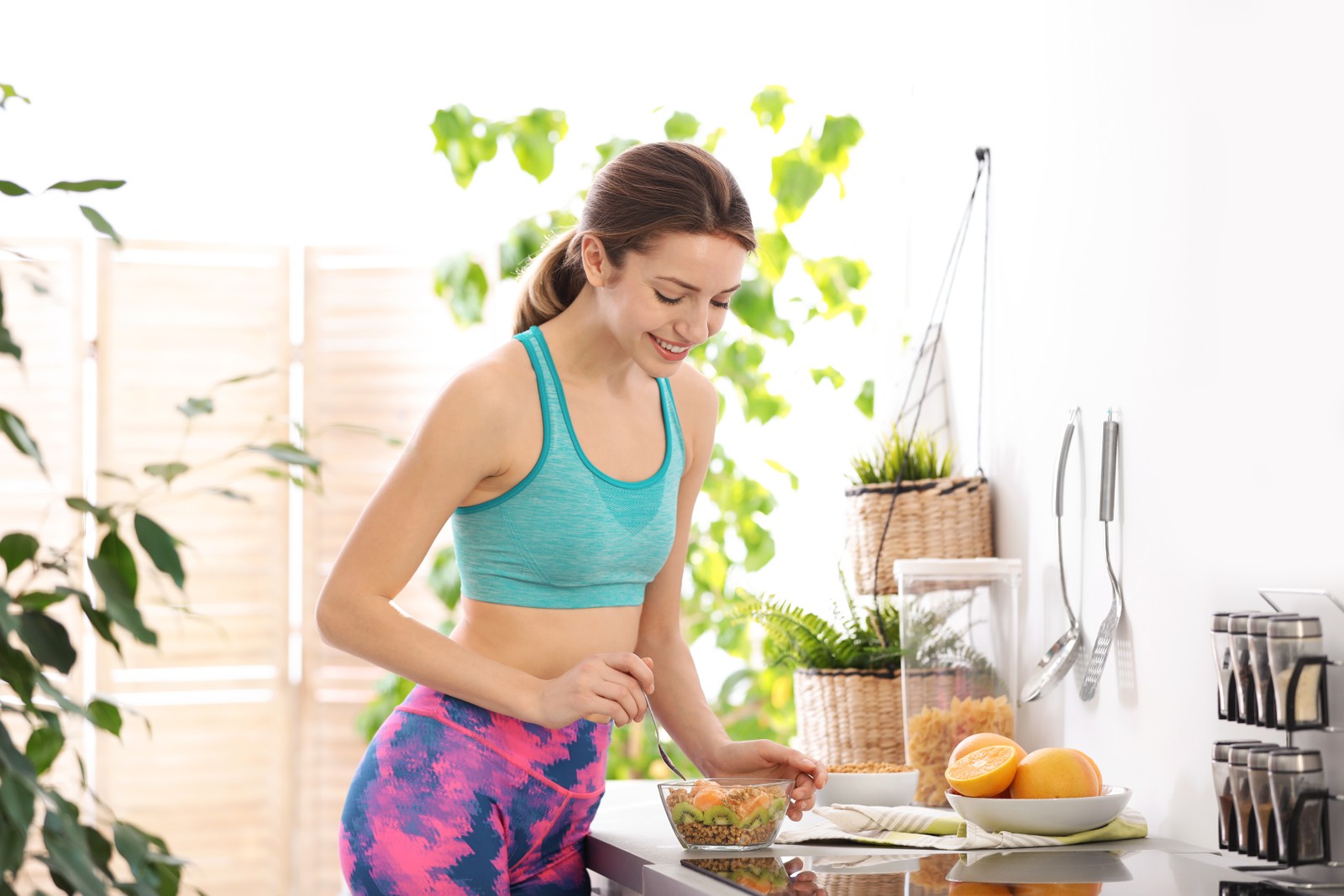
Top healthy tips for eating & drinking during workouts
Get to know the principles of a healthy eating
If your meal is planned correctly, it will give you enough energy to develop physically and mentally, recover faster and stay healthy. Avoiding nutrition mistakes is especially crucial if you are young and your body is still growing, as wrong food and drinks choices may delay your progress or chronic health problems development.
So, regardless of the differences that we have, there are basic principles for a healthy diet:
1) Take into account the characteristics of your body, allergies, and intolerances to a particular food.
2) The eating plan should be diverse and include foods from all the distinct food groups, such as grains, legumes, vegetables, fruits, greens, dairy, poultry, meat, and fish.
3) In particular, try to include the following food in your plan to improve performance, as each of them provides valuable nutrients for any amateur and professional athlete.
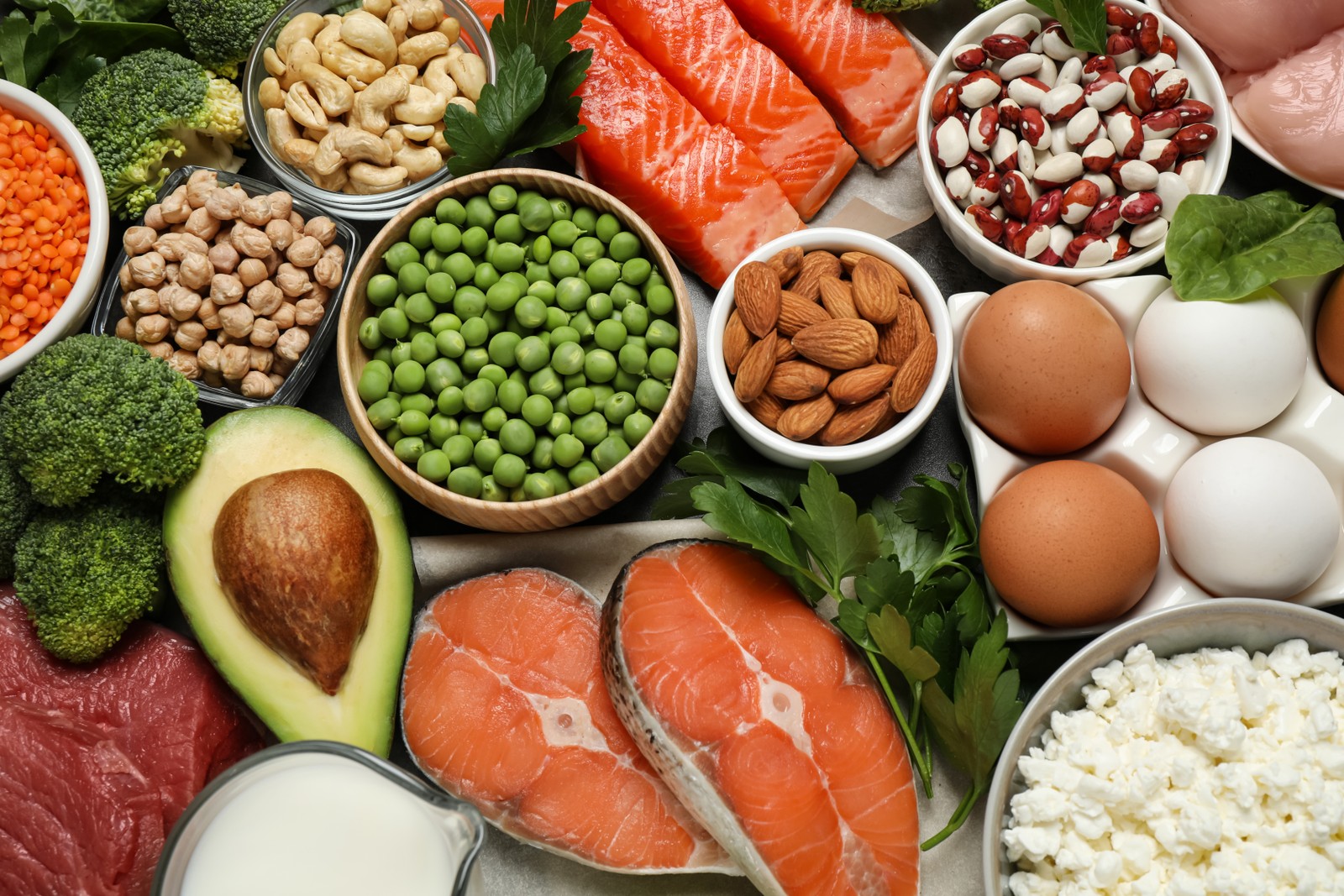
- Rice and oatmeal as the preferred source of carbs and energy source.
- Eggs, cooked without additional fat to boost our performance, particularly the rate of proteins with high biological value.
- Chicken, because it promotes muscle development, maintains our muscles, and participates in recovery.
- Fish. Alternate a lean fish (cod or hake) with a fatty fish such as salmon or sardines for the best effect.
- Green vegetables for endurance, gut health and to aid a digestion process.
- Bananas for easy recovery in the post-performance period.
- Almonds to increase your stamina, as the studies show.
- Raisins which are not taking too much space and could be brought as a snack.
- Dark chocolate for a guiltless snack with a higher percentage of cocoa (more than 80%).
4) Every meal should be balanced - carbohydrates, proteins, and fats should be consumed in correct proportions, according to the pursued goals, and contain sufficient fiber, minerals, and vitamins. If the portion needs to be increased, it still has to be balanced.
5) Do not skip carbohydrates, the primary energy source during intense physical activity. For even better performance, increase the number of slow carbs to keep you full for longer but do not make you heavy.
6) Your menu should contain the proper amount of liquid. The best drink option to go for is non-carbonated water. Young athletes may also drink milk (dairy or plant-based). In addition, you may drink sports drinks that help to retain the fluids. Alcohol and carbonated drinks are strongly discouraged.
7) Have caffeinated drinks from time to time to improve your performance and reduce muscle pain. Contrary to the common misconception, coffee does not dehydrate the body. So you may always enjoy your cup of Joe without any extra guilt.
8) Avoid fast food at all costs, as it usually contains too much fat, sugar, or sodium and rarely enough fiber, vitamins, and minerals. Better to give a preference to a portion of local food and what's in season.
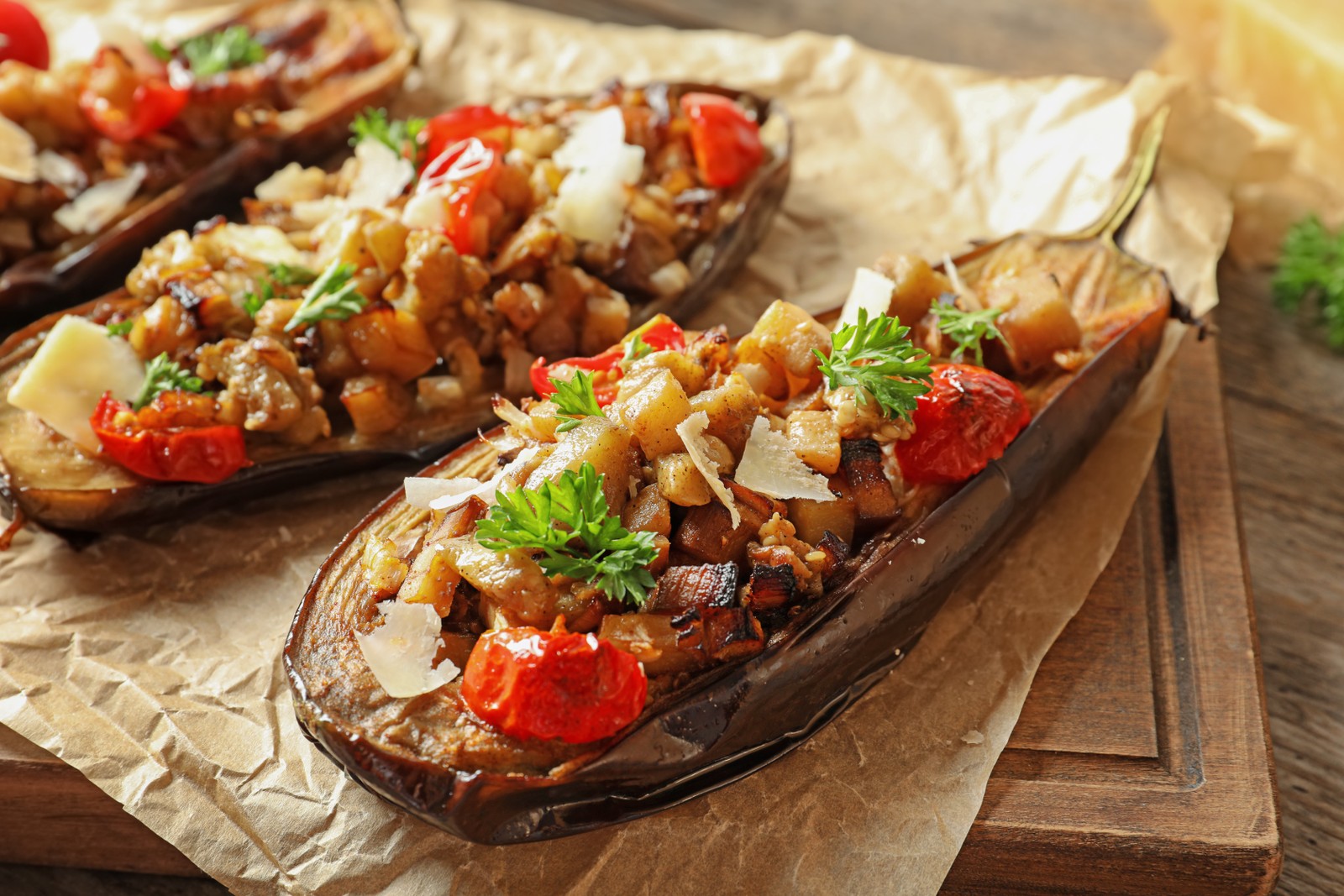
Chug some water
As we all know, water is the primary and the most essential component of every living body. Depending on the person's age, water share takes anywhere from 50% to 75% of body weight. The younger you are, the more water you have. The fluid we take should be balanced compared to the one we lose for proper body functioning.
When we play sports, the loss of fluid is higher than usual. When we get even a little thirsty, the thermoregulation of our body is affected, and performance decreases. If we ignore the feeling, the body may experience a thermal shock and faint. Therefore, it is important for athletes to take little sips of water throughout the day, during training itself, and even during the competition - before the feeling of thirst arises.
The best drinking choice is non-carbonated water. However, if your physical activity is taking longer than usual, let's say, more than 60 minutes, you may take sports beverages. Note, if you are not an athlete, a sports drink is just another sugary drink, so you may just want to skip it and have water instead. Drink the required amount of water, not more and nothing less. Too much water is also not recommended as it puts an additional load on kidneys, sweating increases, and may lead to a sodium deficiency.
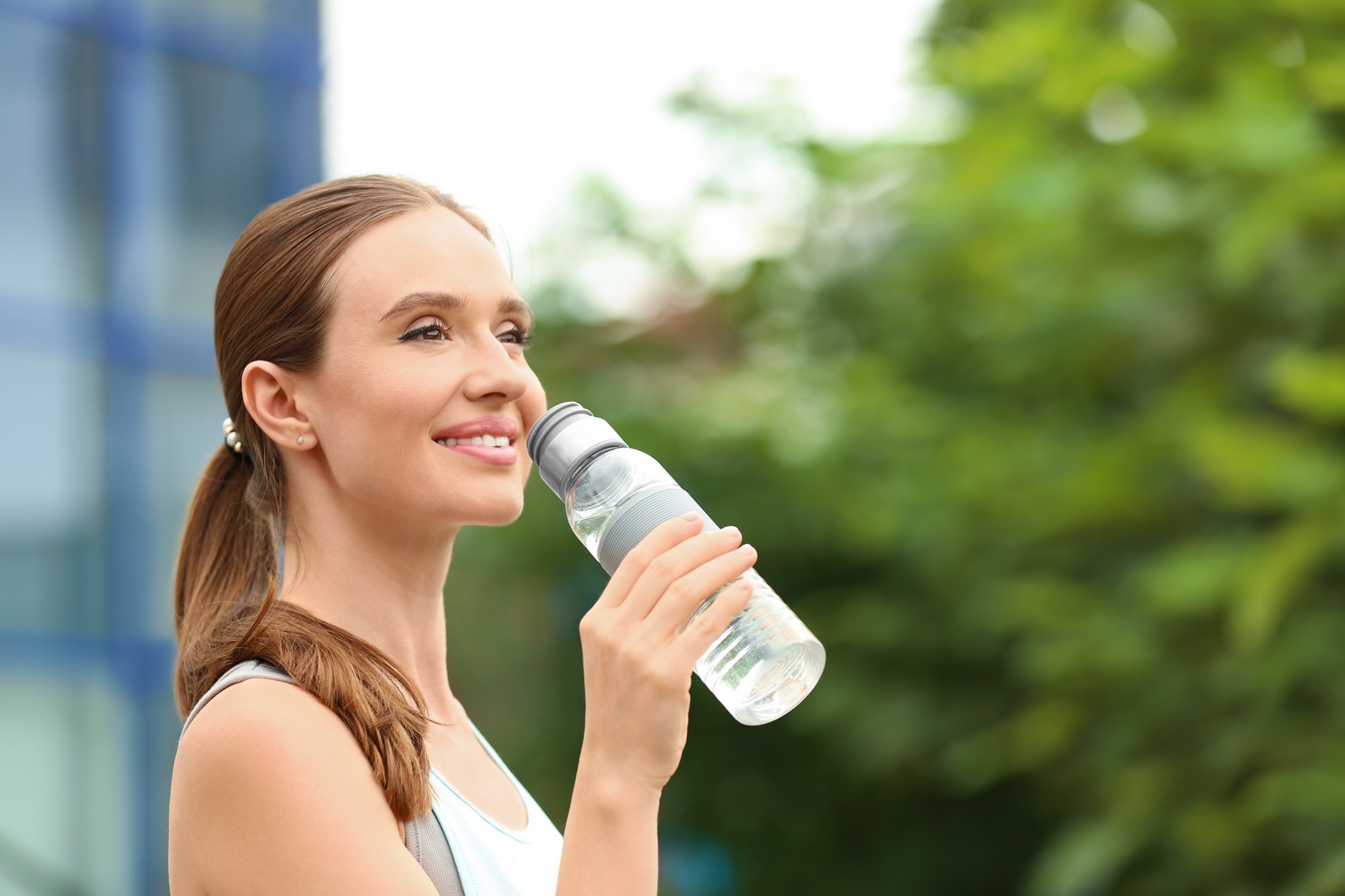
Should I have a snack?
Yes, especially when you need to recover after a productive training session. Usually, there should be three main meals throughout the day and 2-3 snacks before or after the training. Remember also to replenish the lost fluids. The faster you restore lost water, carbs, and proteins, the faster your body will recover. To restore water balance, start drinking at the end of the workout during stretching using the principle of "often and little by little," approximately 100ml every 10-15 minutes.
To restore carbs and proteins, simply have a light snack. For example, it might be:
- a fruit + muesli or energy bar + milk/yogurt
- a whole-grain bagel + butter/jam + cocoa,
- a fruit + yogurt + digestive biscuits.
Have a complete and balanced meal after 1.5-2 hours that would consist of whole grains, low-fat meat, or fish as your preferred protein source, dairy, fruits, and vegetables.
The material is provided for informational purposes only. As we are all unique and have different needs and goals, you may want to seek professional or medical advice first to avoid mistakes and any possible health problems in the future.
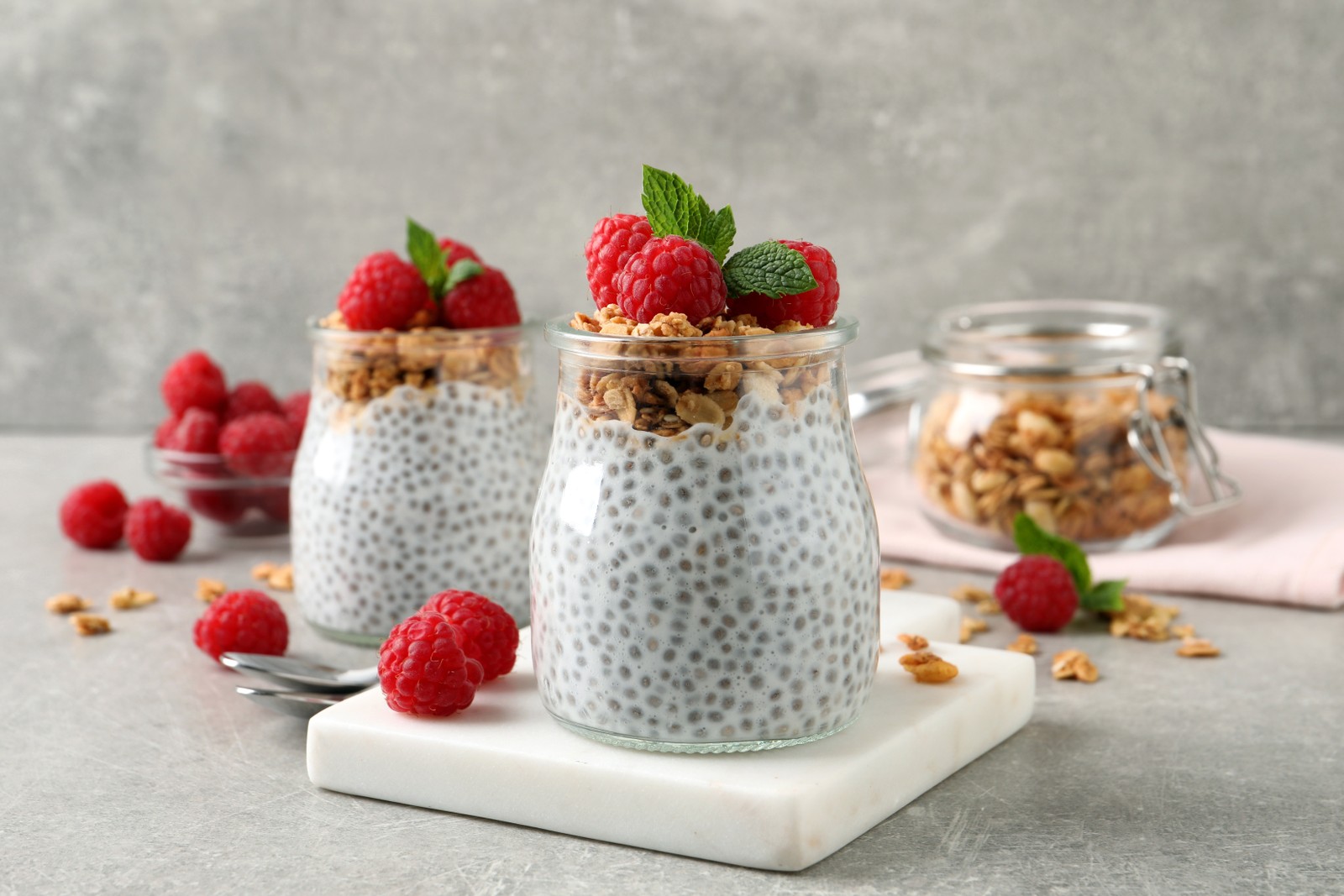
---
Africa Images is a passionate team of professionals. Our goal is to make africaimages.com the best place to buy visual materials taken by Africa Studio for individual, business, and non-commercial projects, including but not limited to informational, educational, cultural, and scientific uses.
